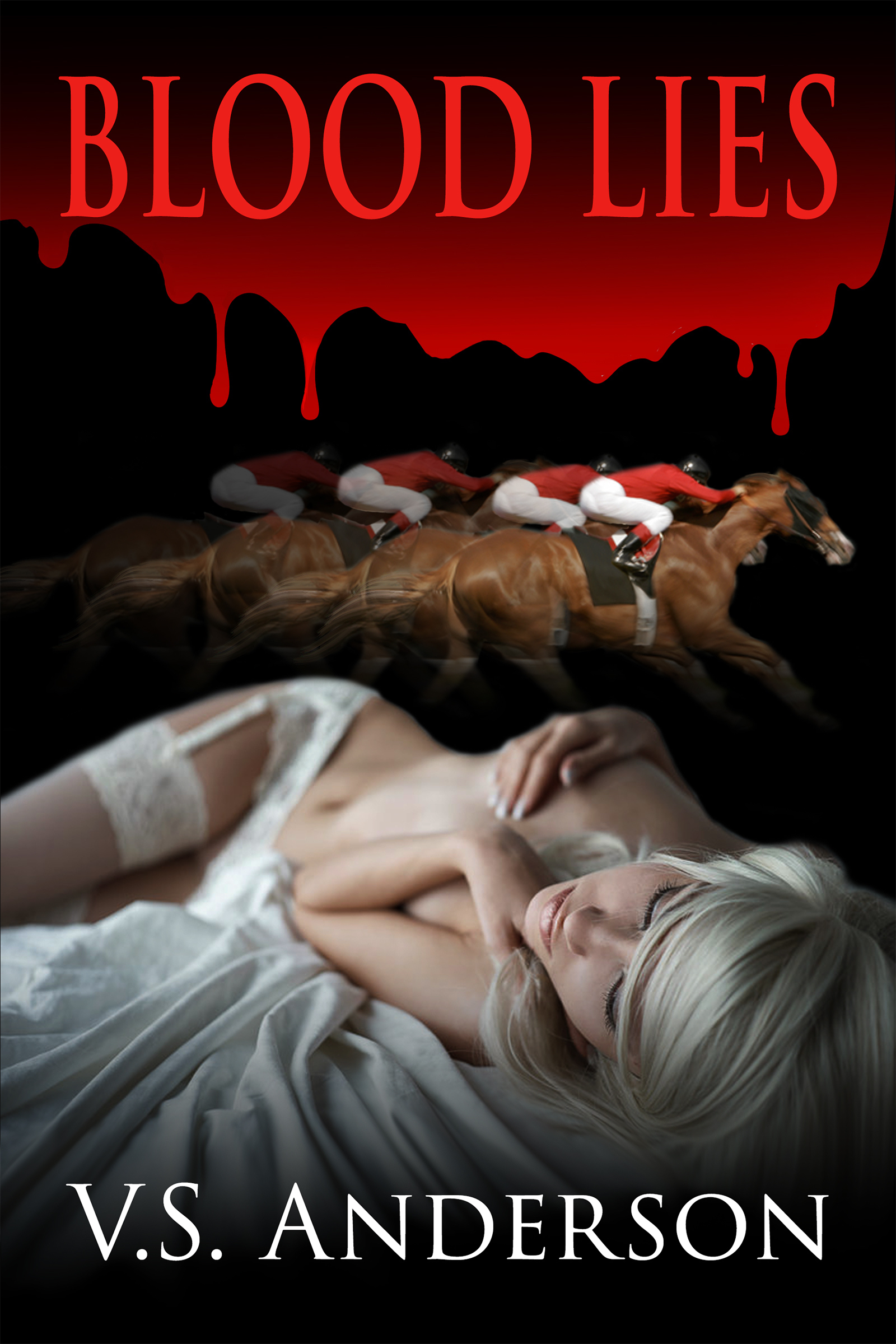These smart tips from Louise Harnby on cleaning up your prose in late edits also work well when you’re looking for those last thousand or so words you need to cut. For example, every time you eliminate a dialogue tag like “said,” you generally cut at least two words. Same with cutting filters (and this is an excellent primer on what that term means). In my “Power-Cutting” posts, I’ve also noted how often the phrases “to me” or “for him” can be cut; they act a lot like Harnby’s “anatomy-based action[s].” For example:
“He offered the book to me” vs. “He offered the book” when “I” am standing right there and the obvious recipient of the book.
I found a whole short-story-full of those kinds of cuts!
I’m currently deep in edits of my “Horse Show Book,” tentatively titled Three Strides Out (more mystery and horses!!), and hope soon to be able to edit at the level Harnby’s discussing here. That’s always a great milestone.
Chris The Story Reading Ape's Blog

 Give your novel a sentence-level workout. Here are 6 common problems, and the solutions that will improve the flow of your fiction and make the prose pop.
Give your novel a sentence-level workout. Here are 6 common problems, and the solutions that will improve the flow of your fiction and make the prose pop.
Review your novel for 6 common problems. None involve major rewriting, just relatively gentle recasts that will improve your prose significantly, and make your reader’s experience more immersive.
1. Assess invasive adverbs
2. Remove redundant filter words
3. Take the spotlight off speech tags
4. Pick up dropped viewpoint
5. Trim anatomy-based action
6. Turn intention into action


 We all have a writing craft issue or two…or three or four or five, no matter where we are in our careers. Yes, even professional authors who have written ten or more novels. I’m wrestling with some myself with my forthcoming Camilla book, Catfishing in America, which is still, alas, only half way there. It’s at that stage that Melodie Campbell called the “Chaos Point” in her wonderful post for us “
We all have a writing craft issue or two…or three or four or five, no matter where we are in our careers. Yes, even professional authors who have written ten or more novels. I’m wrestling with some myself with my forthcoming Camilla book, Catfishing in America, which is still, alas, only half way there. It’s at that stage that Melodie Campbell called the “Chaos Point” in her wonderful post for us “ You’ve got a fantastic idea for a novel. It’s been hanging around for quite a while, knocking inside your noggin. The idea keeps saying, “Let me out! Release me! Put me in a book!”
You’ve got a fantastic idea for a novel. It’s been hanging around for quite a while, knocking inside your noggin. The idea keeps saying, “Let me out! Release me! Put me in a book!”
 Are your readers bouncing from one character’s head to another in the same scene? You might be head-hopping.
Are your readers bouncing from one character’s head to another in the same scene? You might be head-hopping.


 Here’s some great help with a difficult concept:
Here’s some great help with a difficult concept:
 It’s hard to see the flaws in our own work, and the ending is especially a problem. We know ourselves how it’s supposed to pack its punch, or we hope we do, but will the reader?
It’s hard to see the flaws in our own work, and the ending is especially a problem. We know ourselves how it’s supposed to pack its punch, or we hope we do, but will the reader?



